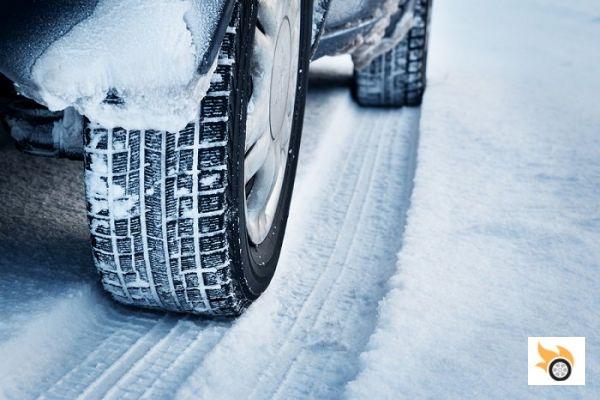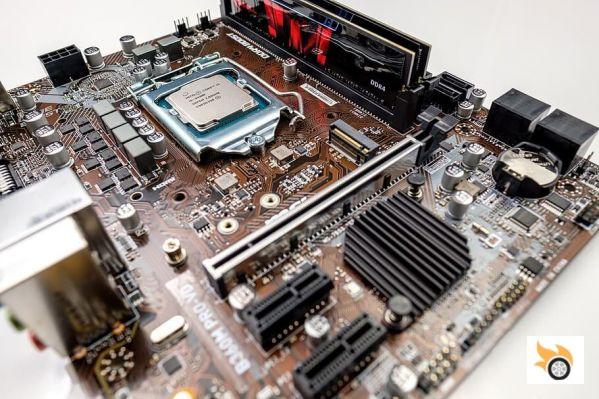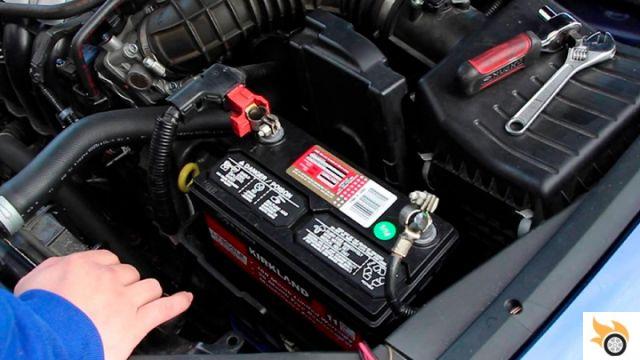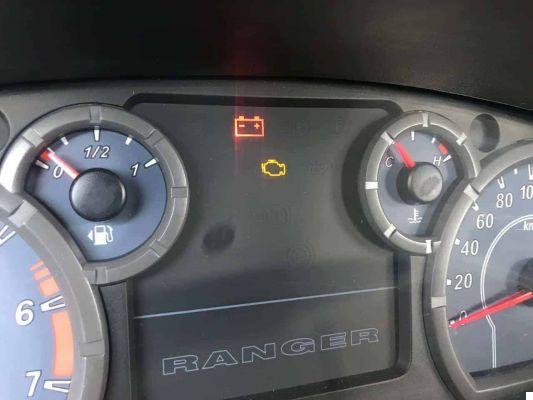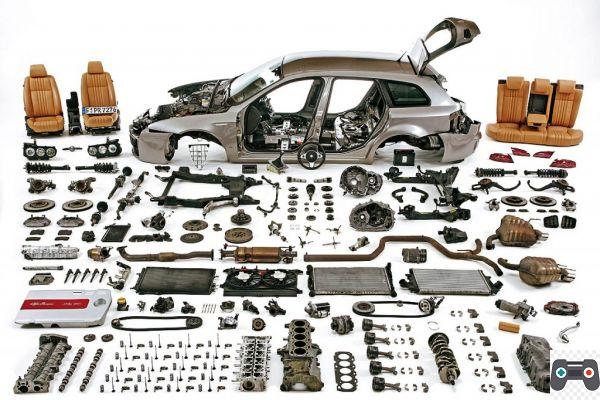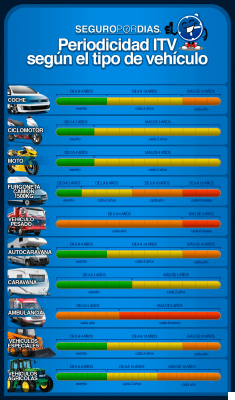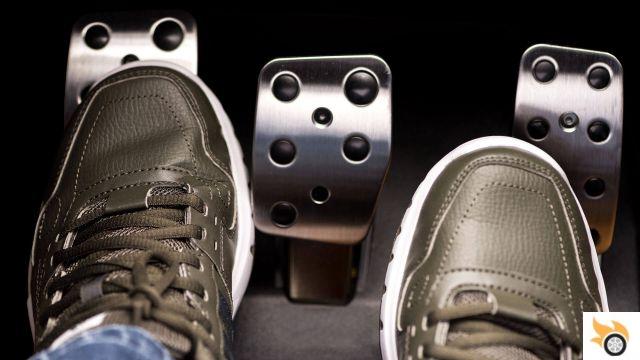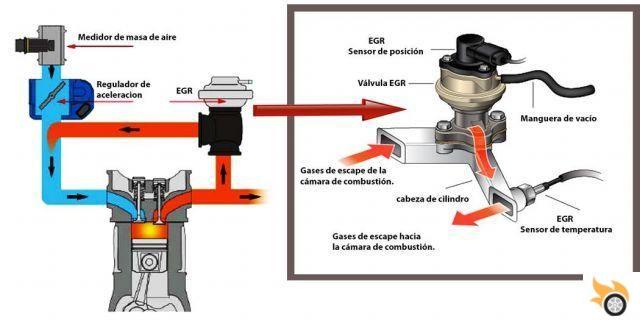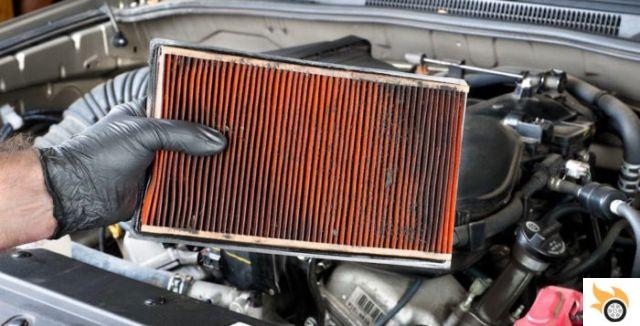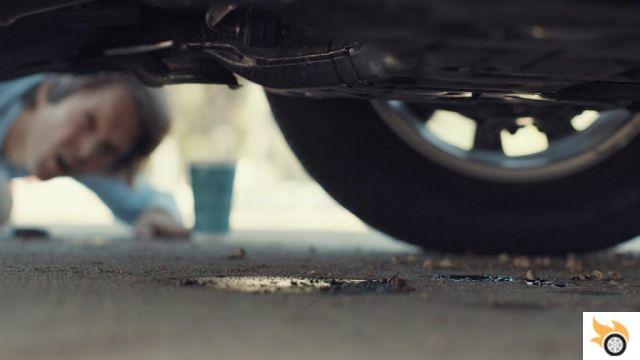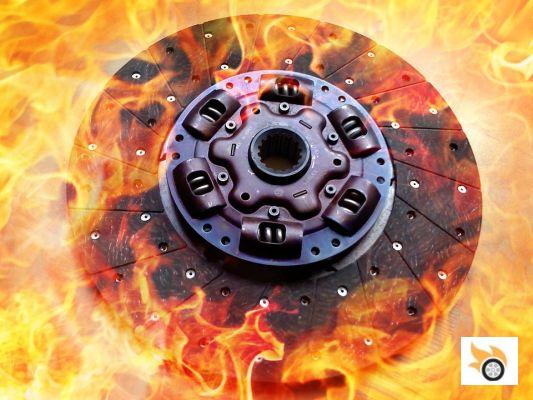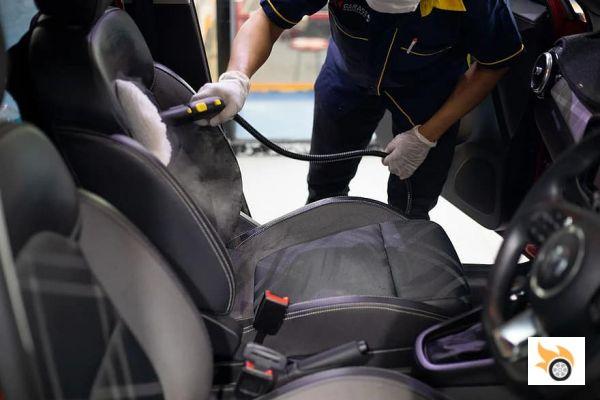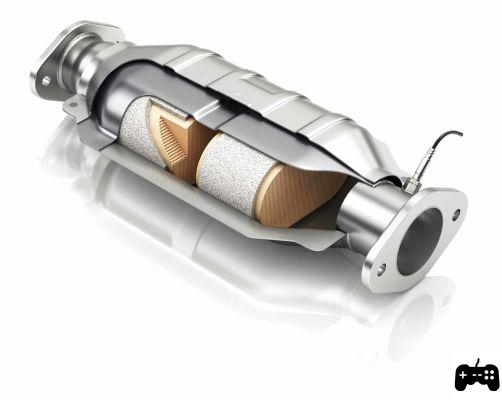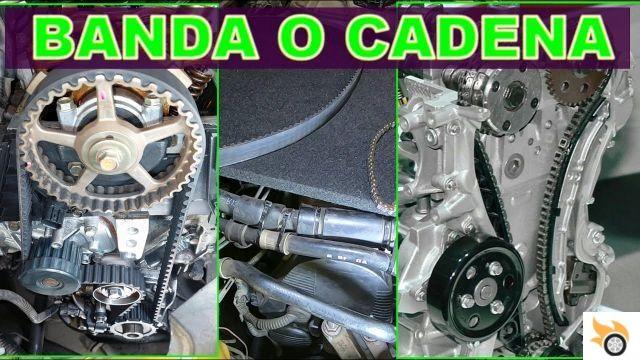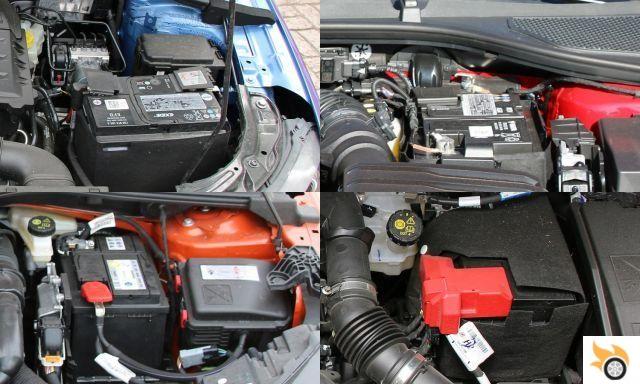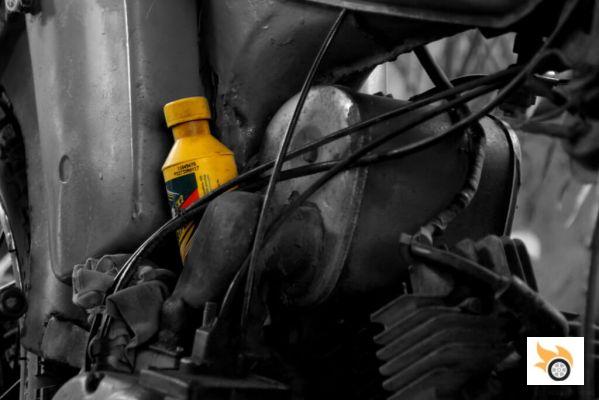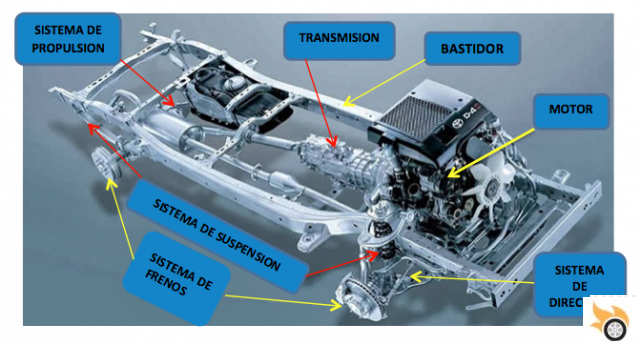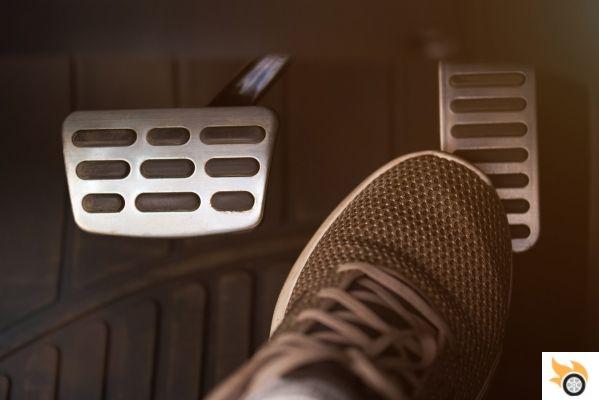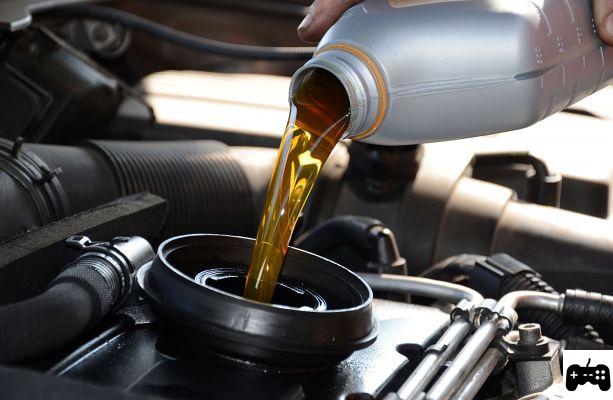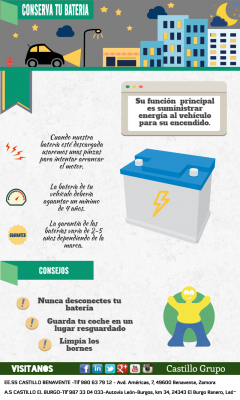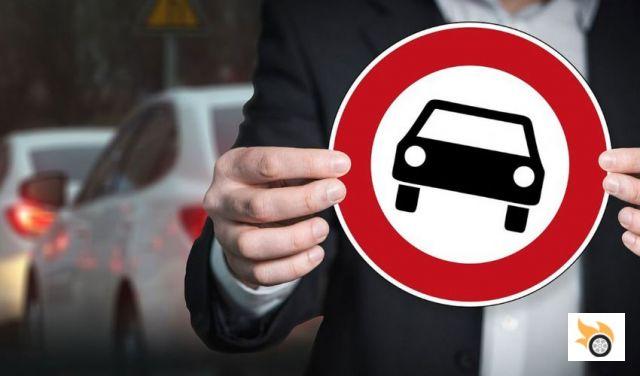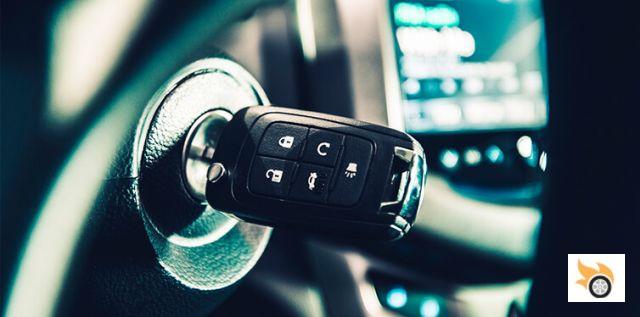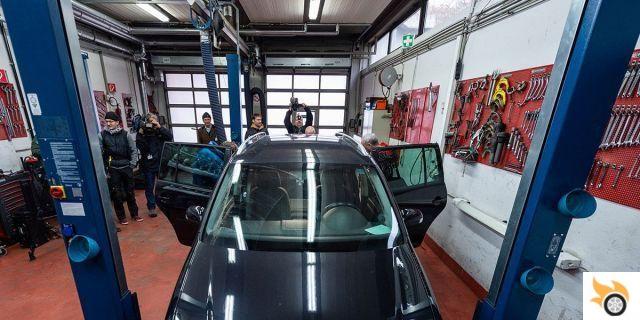Le methane and LPG cars represent one valid solution for those looking for a car with a “clean” fuel system in terms of CO2 emissions. These particular types of engines offer in fact different advantages which cannot be underestimated, especially in an era where there are increasingly stringent rules regarding CO2 emissions; in other words, they represent one valid alternative to mobility even at a time when hybrid and electric variants are growing rapidly.
Il Italian car park it is partly made up of cars powered by methane or LPG, and we do not exclude that the diffusion has been accelerated by the low cost of refueling as opposed to the progressive increase in gasoline costs. Together with the routine maintenance that should be carried out regularly on any vehicle owned, the vehicle inspection stands as real legal obligation. In detail, the revision is requested in a manner that depends on the use of the vehicle, its function and its registration. It is no coincidence, in fact, thatcurrent legislation on the car overhaul provides a periodic check aimed at ensuring the necessary safety conditions. In the specific case of CNG and LPG cars, these require appropriate maintenance and overhaul of the cylinders in order to ensure the right safety for all passengers. Let's see in detail when it is necessary to carry out the overhaul of the methane and LPG cylinders and the related costs.
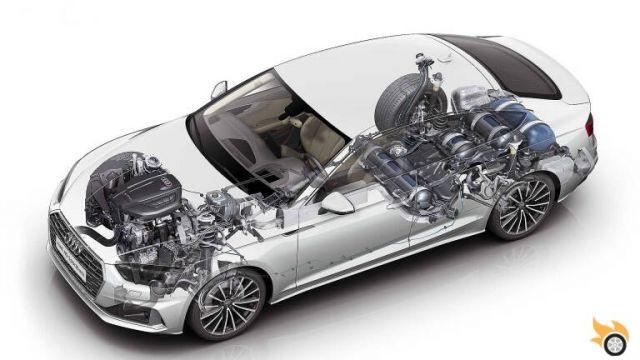
CNG cylinder review: how long should it be done?
It is important to underline that gas-powered vehicles require particular attention in order to avoid any malfunctions and consequent dangers for people. In this regard, it is first of all essential to know if the cylinders are approved according to national legislation (DGM) or second European regulations (R110 ECE / UN). In the first case, in fact, the revision of the car system must be carried out every five years. If the homologation is R110 ECE / ONU, it is necessary to proceed to first revision after 4 years from the registration of the car and, subsequently, every two years.
To become aware of the type of approval choice for natural gas cylinders, you can check the GFBM tag released after the installation of the system and the consequent tests, present in the engine compartment. This will therefore allow you to know the brand, number, capacity and expiry date of the cylinder test.
What are the costs of overhauling the methane system?
It is first of all important to reiterate that the overhaul of the methane system can be carried out by going at GFBM authorized testing centers, taking into consideration that, in the case of European homologation, the qualified installer must be in possession of the CUNA certificate.
As for the cost, the review itself is free given the additional charge already present on the price of methane. It is therefore no coincidence that the owner of the car is required to pay only the labor costs, disassembly, installation of overhauled cylinders and replacement of solenoid valves that are around the 70/100 euro to bombola.
With reference to cylinders homologated with Italian legislation, subject to revision every 5 years, the average cost is approximately € 10 per cylinder, while for those with European homologation the cost varies according to the model of the car.
What does the revision consist of?
The overhaul of methane cylinders consists of some tests for check capacity and performance, in order to guarantee both the safety of road traffic and the passengers of the vehicle; this procedure can be fundamental from the moment in which a vehicle not tested it could cause fires and endanger the life of the driver and passengers.
When the vehicle is required by law to be audited, the auditor's first move will be that of weighing of cylinders in such a way as to weigh any lightening of the material and damage to the system, sometimes linked to internal corrosion phenomena. A 'internal and external inspection destined to verification of the actual capacity of the cylinders which, due to erosion phenomena, could lose part of their capacity to contain methane gas. Subsequently, the testing is carried out by means of theuse of ultrasound and by means of hydrostatic pressure at 300 bar. These steps are therefore a prerequisite for the complete overhaul of the vehicle's CNG system. In the event that the cylinders should result not suitable upon passing the revision, you will have to proceed with the scrapping and replacement of the same; however, the owner will be exempt from any replacement costs in the system. We also remind you that European legislation requires replacement of cylinders once exceeded the limit of 20 years from installation.
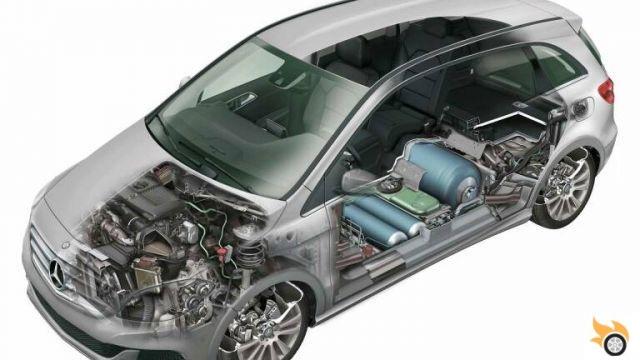
Revision of LPG cylinders: when should it be carried out?
With regard to cars equipped with LPG cylinders, the revision must be done after 4 years from enrollment and, subsequently, every two years, such as natural gas cars with European homologation. However, for such vehicles, the overhaul of the entire LPG system, and therefore not only of the cylinders, which instead require a change with every ten years. Not surprisingly, LPG cars have a tested system and therefore equipped with special solenoid valves necessary to guarantee their safety against any malfunctions. It will therefore be the owner's responsibility to go to an authorized specialist who will proceed with the replacement within the established terms.
What are the costs of overhauling the LPG system?
The cost of the LPG system overhaul varies according to the place where you go to carry them out. In this case, in fact, the Motorization requires a cost of 45 euros with postal order and reservation of the revision by request with model TT2100. In case you decide to go to aauthorized workshop, the cost to be incurred will be equal to 67 €. To these costs it will be necessary to include that of any replacements, an amount that may vary depending on the region and which can be between 300 and 500 euros.
What does the revision consist of?
During the overhaul of the LPG system, it will inevitably be necessary to carry out the general control of some parameters, such as the regularity of the exhaust gases and noises. As in the case of natural gas cylinders, in the event of any malfunctions being detected, the LPG filter or reducer must be replaced.
Penalty for expired cylinders
It is clear that the overhaul of methane or LPG cylinders is not a substitute for that of the vehicle but additional, as the purpose is to specifically verify the functioning of the cylinders and not the general condition of the car. It is therefore necessary to pay attention to the expired cylinders considering that whoever is involved in a refueling of a car with methane cylinders with expired inspection, will receive a fine ranging from 168 to 594 euros jointly with administrative detention. As in the case of methane, if you drive with expired LPG tanks you will receive a fine from 168 to 194 euros and administrative detention.
Therefore, regardless of the economic and practical reasons, buying a car running on LPG or methane is not exactly the same thing, just think of the maintenance operations we have listed. In this regard, we remind you that with the new decree of the Minister of Infrastructure and Transport published in the Official Gazette there is no longer the obligation to test the installation of the tow hooks as well as the replacement of LPG tanks in the offices of the Civil Motorization. In these cases, therefore, only a declaration of execution of the work in a workmanlike manner by a workshop accredited by the Ministry of Transport will be required together with the updating of the registration certificate.




